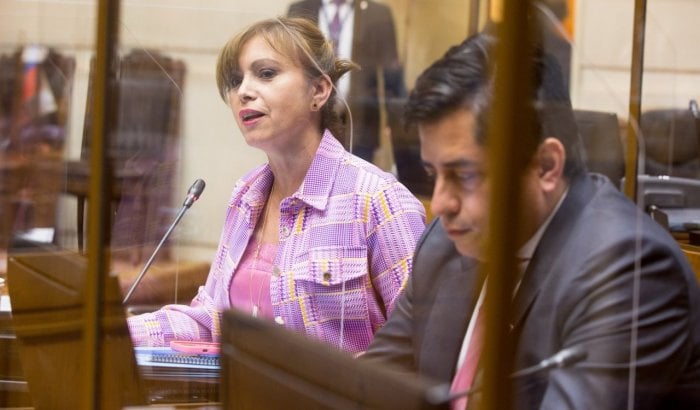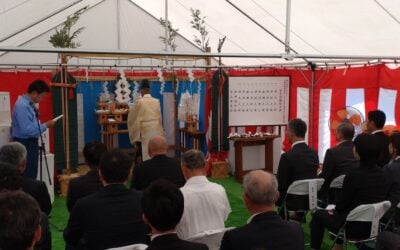
The Senate of Chile has unanimously passed major legislation which will incentivise the deployment of energy storage and electric vehicle (EV) technology.
The Senate announced that the bill was passed “without changes and unanimously” last week (20 October), and is now ready to be enacted into law. The final vote comes two weeks after it passed a preliminary vote before being put in front of the finance committee, which Energy-Storage.news covered at the time.
Enjoy 12 months of exclusive analysis
- Regular insight and analysis of the industry’s biggest developments
- In-depth interviews with the industry’s leading figures
- Annual digital subscription to the PV Tech Power journal
- Discounts on Solar Media’s portfolio of events, in-person and virtual
The bill seeks to increase the country’s use of renewable energy particularly through the use of energy storage as a way to get around grid congestion, which currently means that a majority of renewable energy is dumped.
Some 748GWh of renewable energy has been curtailed already in 2022, according to renewables and storage association Acera.
The bill will allow standalone energy storage systems to receive income from dispatching their energy and power in the country’s National Electric System market. It is hoped this will help foster the growth of a variety of storage technologies including batteries, compressed air, and more, a media statement said.
On the EV side, the bill will exempt owners of EV and hybrid vehicles from the ‘circulation permit’ for two years, followed by six years of a reduced charge before users pay the full permit during year nine. EVs will also be able to participate in electricity markets as distributed energy resources (DERs).
The majority of energy storage projects in Chile are being co-located with solar PV, which you can read more about here, but currently the country only has 64MW of utility-scale battery storage operational.
Several large projects have been proposed recently or progressed recently so this is expected to increase substantially. The local subsidiary of US-based AES Corporation wants to convert a coal plant into 560MW of molten salt-based energy storage, Canadian Solar recently won a tender to deploy solar-plus-storage with 1GWh of battery storage, while local utility Colbún recently submitted plans for a project with 1.2GWh of co-located battery storage.






